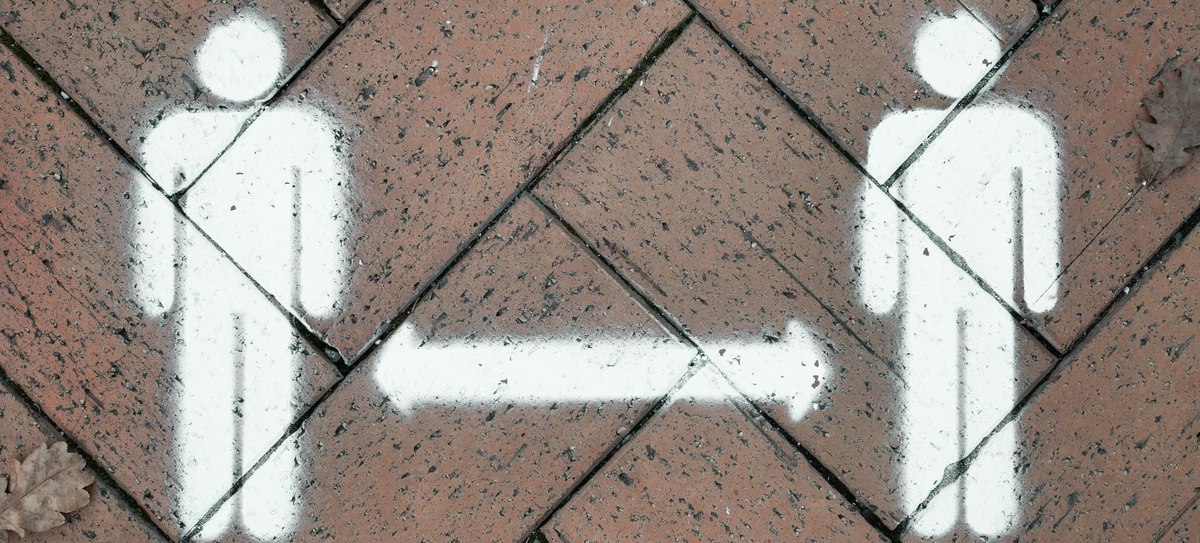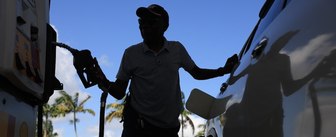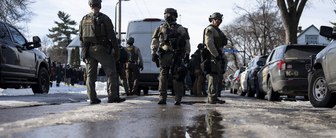About one in eight (13%) Americans think it’s safe to immediately end social distancing measures and reopen businesses as normal. However, a plurality (31%) believe it will be about a year or longer before it’s safe to do so, according to a new Economist / YouGov Poll of nearly 1,500 US citizens.
As several states reckon with ballooning case numbers following reopenings, a majority of Americans (59%) prioritize protecting citizens from the health effects of the outbreak, but an increasing number are prioritizing shielding Americans from the economic fallout (41%, up slightly from 38% in May)
When it comes to ending social distancing, Americans are divided along party lines. While nearly no Democrats (3%) think it’s safe to immediately end to social distancing measures, nearly one in four (23%) of Republicans say it is.
Other Economist/YouGov data shows those who are not following news about COVID-19 very closely are roughly twice as likely (23%) to think it’s safe to end social distancing measures now compared to those who are paying close attention to the news (11%).
Parents of children under 18 — many of whom have had to juggle childcare with work — are more likely to think it’s safe to end measures and reopen businesses as normal now (17%) compared to those without kids under 18 (12%).
Most Americans who believe it’s safe to lift restrictions (54%) also believe the worst part of the virus is behind us. However, one in five (18%) think we are in the worst part of the pandemic.
See the full toplines and tables from this week’s The Economist/YouGov poll
Methodology: This Economist survey was conducted by YouGov using a nationally representative sample of 1,500 U.S. adult citizens interviewed online between July 26 - 28, 2020. This sample was weighted according to gender, age, race, and education based on the American Community Survey, conducted by the US Bureau of the Census, as well as 2016 Presidential vote, registration status, geographic region, and news interest. Respondents were selected from YouGov’s opt-in panel to be representative of all US citizens. The margin of error is approximately 3.5% for the overall sample.
Image: Getty









